What currency does Albania use? Can you drink tap water in Croatia? Should you buy an eSIM? Having an adventure in the Balkans booked is super exciting, but the inevitable pre-trip admin can kill your buzz if you don’t know what to do.
Fear not! From visa requirements to eSIMs, safe drinking water to currency, we’ve got the answers to all of your Balkan travel FAQs so you can focus on being excited.
As well as generic advice below, we’ve included tips that are more specific to our holidays, when you may need a bit of extra cover on your travel insurance due to all of the adventurous activities we offer or local cash because we’re visiting a mountaintop village.
Not sure what to pack? We’ve got you covered with that too; read our guide to packing light for adventure travel in the Balkans.
On this page:
- Are the Balkans in the EU?
- Do I need a visa?
- Travel insurance tips
- eSIMs and data roaming in the Balkans
- Currency and paying in the Balkans
- Is it safe to drink tap water in the Balkans?
Are the Balkans in the EU?
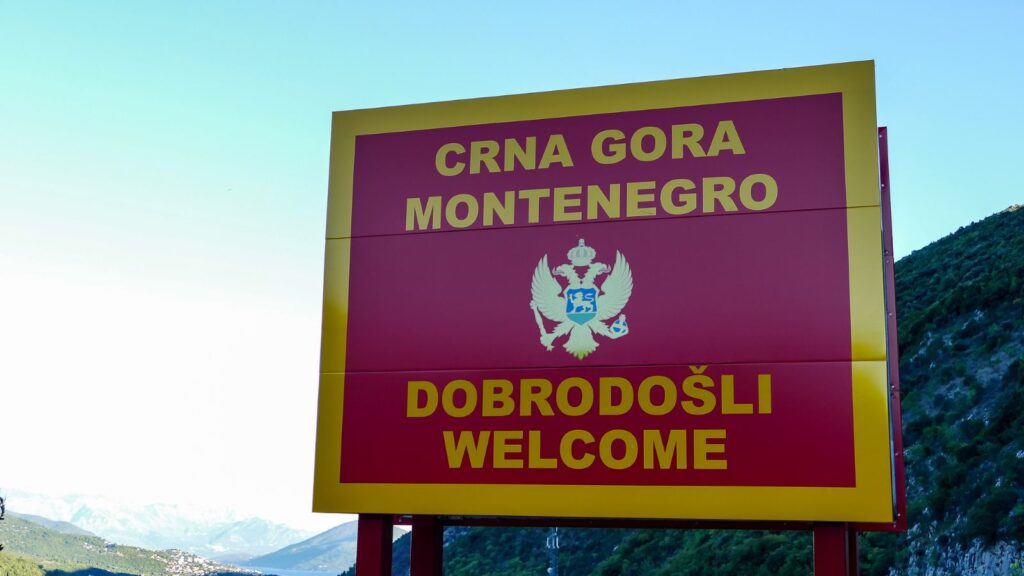
Some Balkan countries are EU members, others are applying and some aren’t in the EU but do use the Euro (confusing or what?).
Croatia, Bulgaria, Romania, Slovenia and Greece are members of the EU, making things simpler for travellers.
Serbia, Albania, Montenegro, Bosnia and Herzegovina and North Macedonia are EU candidates hoping to be in the club by 2030.
Kosovo is a potential candidate, meaning it has or can apply for membership, but the big chiefs are yet to make it an official candidate.
For travellers, this means data roaming, currency (and how easy it is to get hold of), and passport requirements can vary depending on where you travel.
We explain this more below.
More practical travel tips for the Balkans:
- What language do they speak in the Balkans?
- The vegan and free-from survival guide to the Balkans
- 9 mistakes to avoid when planning adventure travel in the Balkans
Do I need a visa to visit the Balkans?
Generally speaking, no. UK and EU passport holders can visit all of our destinations: Albania, Bosnia and Herzegovina, Bulgaria, Croatia, Kosovo, Montenegro and Serbia for up to 90 days without a visa.
Check the FCDO for more country-specific advice.
Travel insurance & medical cover

While we can’t recommend individual travel insurance providers as everybody is different, here are a few tips for getting the right cover if you’re joining us for an adventure in the Balkans.
- Check your policy includes outdoor sports like white water rafting, these often fall under add-ons. You can see what you’ll be getting up to in the ‘Itinerary’ section of our holidays to help you make the right decision
- Try to find a provider that invests in the environment
- Declare any pre-existing medical conditions to avoid nasty bills if you need treatment during your trip (but hopefully you won’t)
- Make sure your EHIC (European Health Insurance Card) or GHIC (Global Health Insurance Card) is up to date as it can be used in some Balkan countries (see the NHS for more info)
- If you’re buying a single-trip policy, it’s a good idea to set the start date from the day you book, rather than the day you depart, so if anything changes before your trip (e.g. if you need to cancel due to a death or illness), you’re covered.
eSIMs, SIMs and WiFi in the Balkans
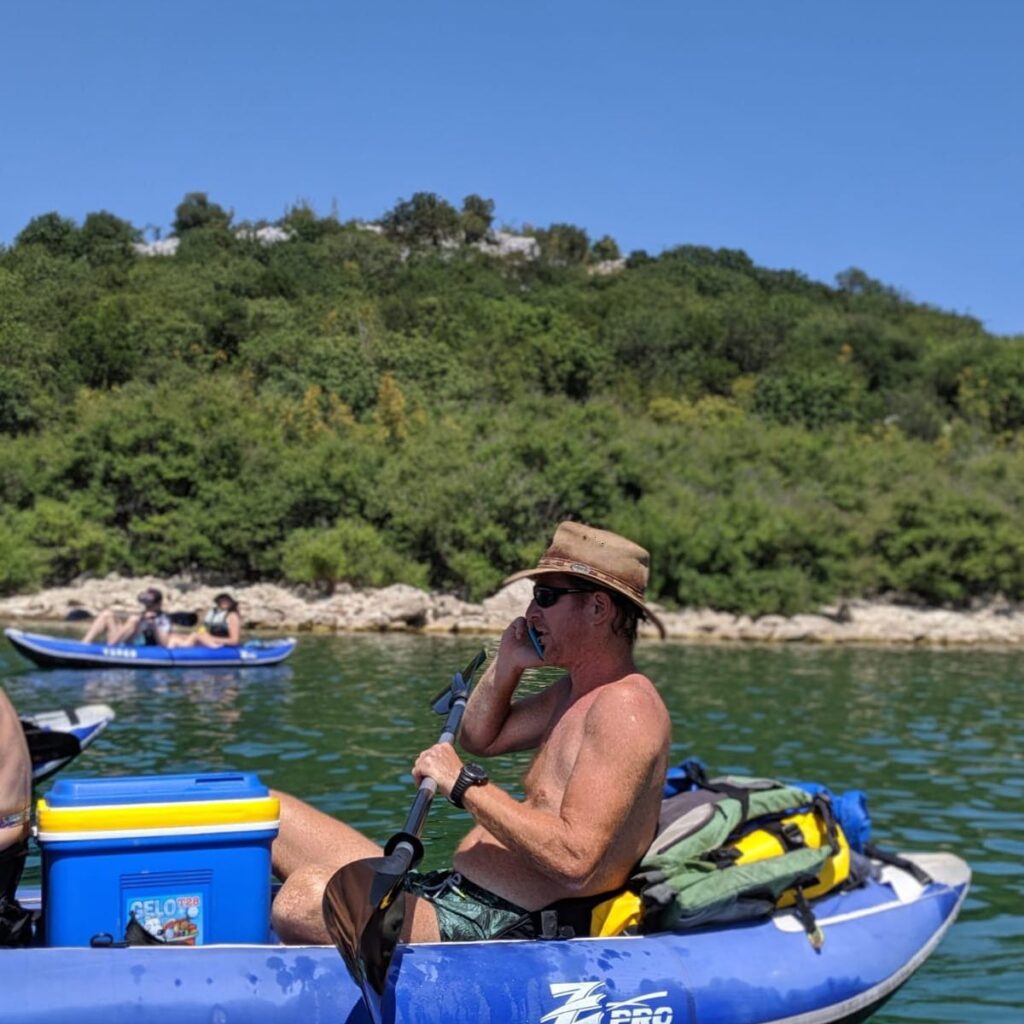
We’ve seen guests get caught out with this one. Many assume that because countries like Albania and Montenegro are in Europe, they’ll get data coverage under their network’s European data roaming pass, which is usually cheaper than rates for the rest of the world.
However, these cheaper, all-inclusive packages usually only cover the 27 countries in the EU. So if you’re visiting Albania, Montenegro or Serbia, for example, it won’t apply and you’ll either pay for a data roaming pass you can’t use or end up being slapped with a huge bill.
So, your best options are: turn off your data roaming and just use WiFi, buy an eSIM or get a local SIM card.
Option 1: WiFi
One thing the Balkans is pretty good at is public WiFi. You’ll find free WiFi in parks, cafes, restaurants and hotels, particularly in cities—even some of our remote homestays in the Albanian mountains have it. Where there’s life, there’s WiFi, we guess.
Advantages: No data roaming bills and not being online 24/7 forces you to switch off and enjoy your holiday.
Disadvantages: Not always guaranteed or very strong, particularly in more remote places. Open public WiFi isn’t secure, so it’s not ideal for things like banking.
Option 2: Buy an eSIM
An eSIM (embedded SIM) is a virtual SIM you download and use alongside your regular SIM card. Popular European providers include Holafly, AloSIM and Airalo but there are others, and local networks like mTel in Montenegro also have tourist packages.
Advantages: eSIMs are cheaper and more customisable to your trip than what standard networks offer. They’re quick to install, you don’t need to take out your physical SIM, and your number stays the same.
Disadvantages: eSIMs don’t generally include cellular calls and texts, only those made over the internet like on WhatsApp and FaceTime. If your phone wasn’t bought outright and it’s on contract, it might be locked to your carrier and you won’t be able to use an eSIM.
Option 3: Buy a local SIM
Local SIM cards are readily available in airports and shops, particularly in larger cities, and often come with plans tailored for tourists who only need them for a week or two.
Advantages: They’re cheaper than your usual network provider’s data roaming, you pay once and there are often single-country or regional plans if you’re crossing borders. Local SIMs tend to include cellular calls and texts too.
Disadvantages: You will have a different phone number (some see that as an advantage), you will need to remove your SIM and keep it safe during your trip and it can be fiddly. And, like an eSIM, ou can’t use another SIM if your phone is locked to your carrier.
Currency and paying by card in the Balkans
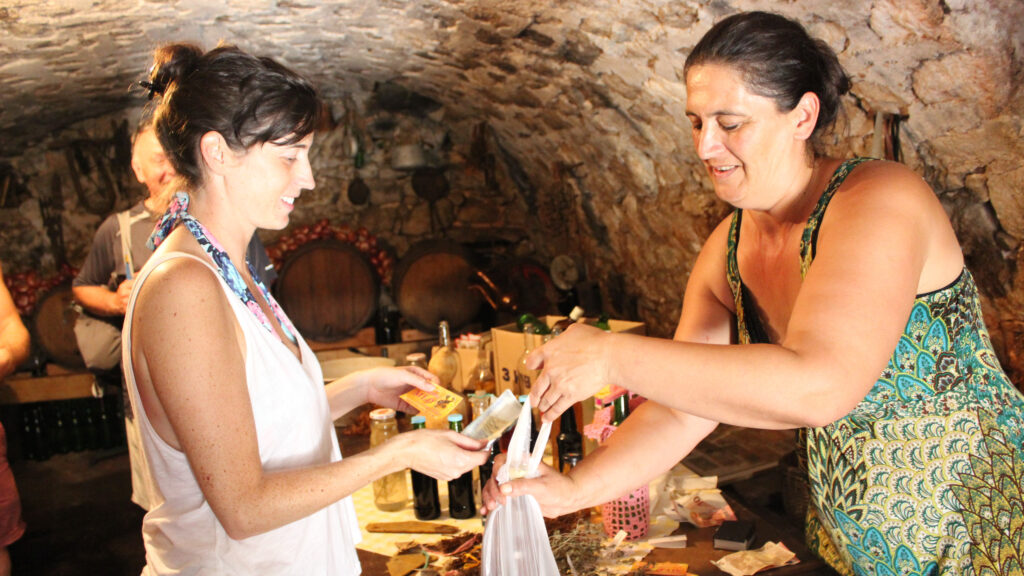
Like anywhere else, card payments are widely accepted in restaurants/bars/cafes, supermarkets and hotels in the Balkans, particularly in towns and cities.
Remember to always pay in the local currency to avoid exchange fees from your bank and it’s also a good idea to get a currency card to avoid those pesky foreign transaction fees and bank charges. Monzo, Wise, Caxton FX, Chase bank and the Post Office are just some of the banks offering currency cards which charge little to no fees when spending and withdrawing cash abroad.
It’s always useful to carry some cash around for souvenir shopping, taxis, car parking, a farmer selling cold beer on the mountainside, etc — especially if you’re visiting more rural locations.
What currency do I need?
Croatia, Montenegro and Kosovo use the Euro which is easy to get hold of either before you leave the UK or by withdrawing from a cashpoint when you arrive.
In the below destinations, you may not be able to get hold of the local currency outside of the country, meaning you’ll need to use a cashpoint when you arrive:
- Albania: Albanian Lek and Euros widely accepted
- Bosnia and Herzegovina: Bosnian Mark and Euros accepted in some places
- Bulgaria: Bulgarian Lev
- Serbia: Serbian Dinar
Is it safe to drink tap water in the Balkans?
Another great question! And again, it’s not a straightforward answer.
Tap water is safe to drink in Croatia and generally speaking, you’re fine to drink from the tap in the bigger cities and well developed resorts of other Balkan countries. The exception is Tirana because the tap water across all of Albania is not drinkable.
As you get away from built up areas and into the mountains, local people tend to drink spring water which is naturally filtered through the limestone. It’s safe, but some travellers who aren’t used to drinking it can find it upsets their stomachs. And if there’s been a heavy rainstorm, locals avoid drinking straight from the tap too for a few days. It’s best to ask your host about the tap water and they’ll be able to advise.
If you’re travelling in the region and would prefer not to risk an upset stomach, the easiest thing to do is stick to bottled water. But instead of spending money and contributing to the plastic problem, we recommend investing in a reusable filter water bottle.
 15% off Water-to-Go filtered water bottles
15% off Water-to-Go filtered water bottles
To help our guests make a greener drinking choice, we’ve partnered with Water-to-Go to offer 15% off its products. These water bottles filter 99.9999% of waterborne bacteria, parasites and even viruses from any water source—we’ve even filled up from streams during a hike and been fine. Find out more here.
Feeling inspired? Subscribe to our free monthly newsletter for more Balkan travel inspiration, 5% off tours, and first dibs on our new trips and offers.

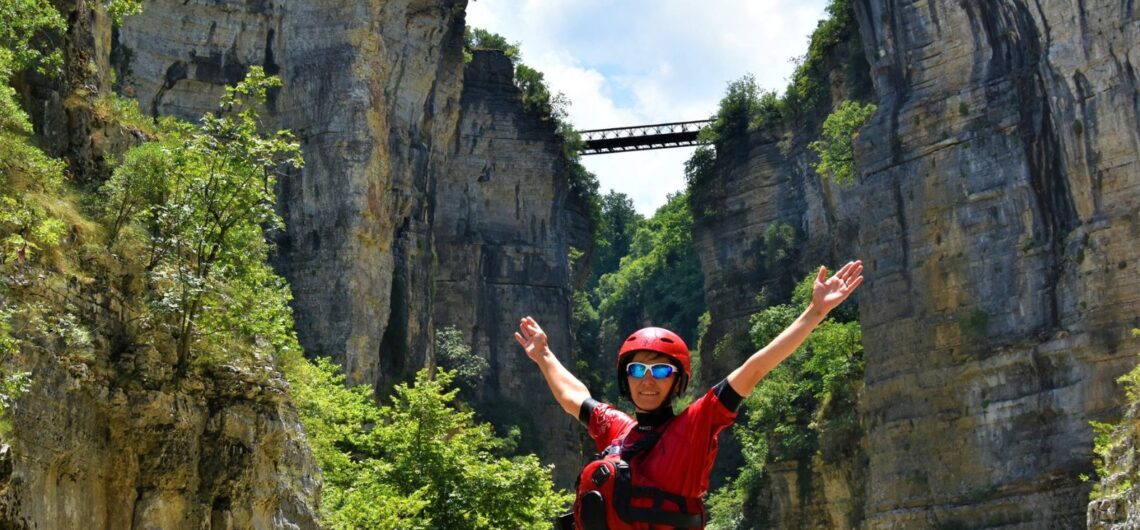
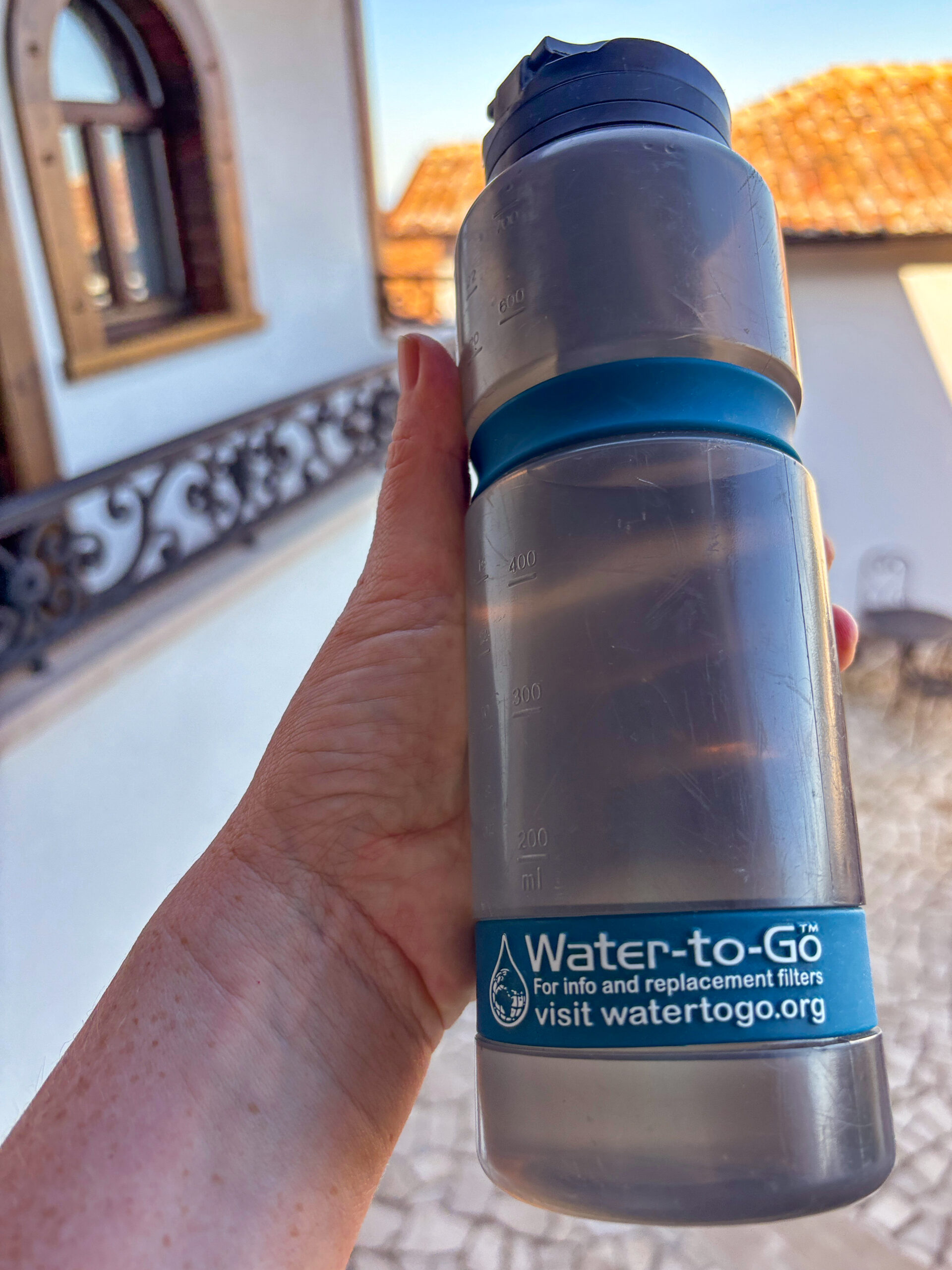 15% off Water-to-Go filtered water bottles
15% off Water-to-Go filtered water bottles
Comments